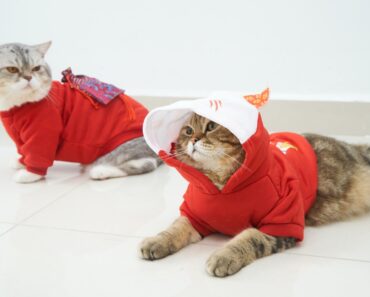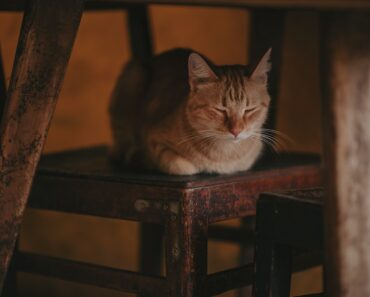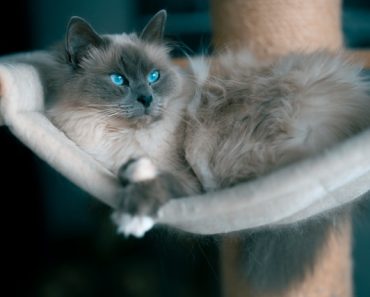Pork is not commonly used as an ingredient in cat food for several reasons.
Firstly, cats are obligate carnivores, which means that they require a diet that is primarily made up of animal-based proteins. Pork is not a traditional source of protein for cats in the wild, and as such, it is not a preferred ingredient in commercial cat food. Cats are best suited to consuming a diet that is high in protein, and low in carbohydrates, which is why most cat food is made primarily from chicken, fish, or other meats.
Secondly, pork can be a source of food-borne illnesses such as trichinosis, which is caused by the parasite Trichinella spiralis. This parasite can be found in undercooked pork and can cause serious health problems if consumed by cats. Because of this risk, most cat food manufacturers choose to avoid using pork in their products to ensure the safety of cats.
Thirdly, pork may not be as nutrient-dense as other meats, especially for cats. Cats have specific nutritional needs that are different from those of humans or dogs. They require a diet that is high in protein, taurine, and other essential nutrients, which are not found in pork as much as in other meats such as chicken or fish.
Lastly, there may not be a significant demand for pork-based cat food. Many cat owners prefer to stick with traditional protein sources such as chicken, fish, and turkey, and as such, manufacturers may not see a need to produce pork-based cat food. Additionally, many pet food manufacturers avoid using pork due to religious and cultural reasons.
Conclusion
In summary, pork is not commonly used in cat food because it is not a traditional source of protein for cats, it may carry the risk of food-borne illness, it may not be as nutrient-dense as other meats, and there may not be a significant demand for it among cat owners.






